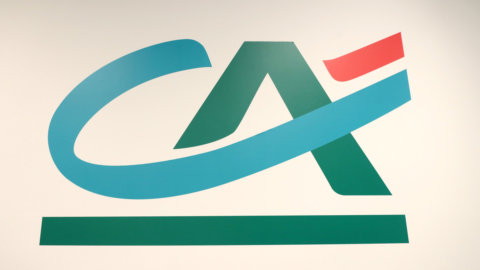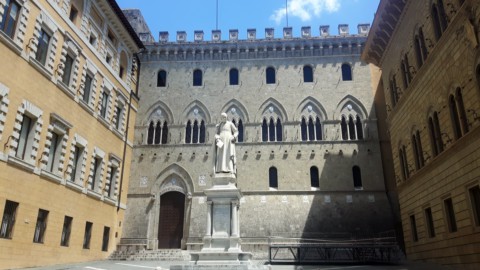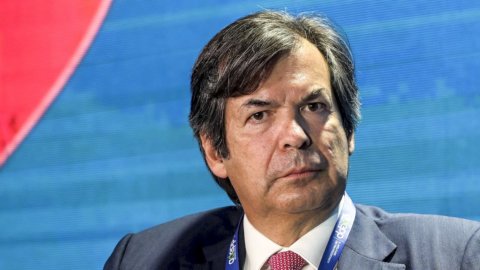The 3,6 billion resolution plan developed in Italy for the rescue of Banca Marche, Pop Etruria, Cassa di Chieti and CariFerrara it is "expensive for the banking sector, especially as the four banks represent only 1% of the sector's assets". Fitch writes it in a note. The extraordinary contributions requested from credit institutions in the fourth quarter – he adds Fitch – will add pressure “to the sector's weak efficiency metrics and compress already modest profitability ratios”.
"It is not clear whether this resolution approach can be extended to other banks", adds the rating agency, noting that "if this happens the sector should face further extraordinary contributions to the fund and, for larger banks, the approach would prove too costly”.
Excluding the four banks in the bailout, 10 Italian banks are in extraordinary administration. Seven of these are co-operatives and the authorities may favor liquidation given their small size. The four bailed-out banks went into administration between May 2013 and February 2015, and no recent financial information is available. Fitch believes banks are insolvent and asset quality is poor. After the recapitalisation, four “good” banks emerged and all bad debts were transferred to a bad bank.
The funds needed for the rescue are part of the European Brrd directive for bank crisis management, but Italian banks will be asked for an extraordinary contribution in the fourth quarter of 2015. Intesa Sanpaolo, Unicredit and Ubi Banca have announced extraordinary contributions to the fund, in addition to the ordinary contributions already paid this year. The total contribution will be equal to 10% of pre-tax profits for the nine months to the end of September 2015 for Intesa and Unicredit and 25% for Ubi Banca.





